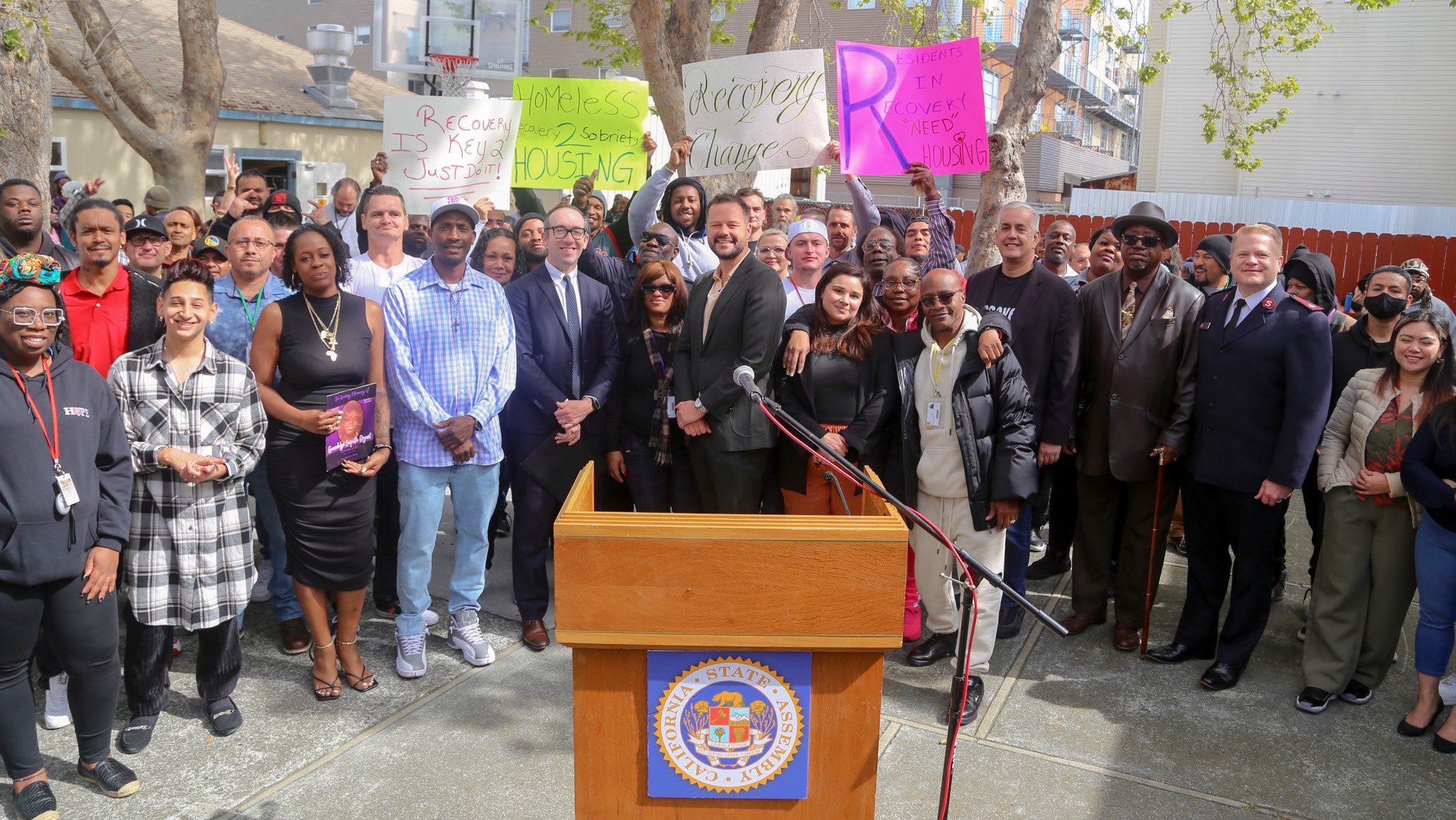Is your supervisor messaging you after work? Do you get a “please fix” email while you’re vacationing? In certain countries, you can now overlook these notes once you’re off the clock.
Australia just joined the ranks of nations like France, Spain, and Belgium by passing a “right to disconnect” law, which became effective on August 26.
Personal Time Remaining Personal

This law ensures that personal time remains personal by allowing employees to disconnect from work-related communications outside of work hours.
While many Australian workers welcome this development, not everyone is on board. One of the legislation’s outspoken critics is investor and Shark Tank host Kevin O’Leary.
“Just Makes Me Crazy”

“This kind of stuff just makes me crazy. It’s so dumb. Who dreams this crap up is my question. And why would anybody propose such a stupid idea?” O’Leary stated in a clip from a recent interview with Fox News that he shared.
As a financial backer and business person, O’Leary puts incredible importance on the consistent activity of a business, even outside of standard working hours.
Urgent Situations

O’Leary has voiced his concerns about urgent situations where employers need to reach their employees which highlights the potential issues with the “right to disconnect” laws.
“What happens if you have an event in the office and it’s closed? Or you have an emergency somewhere, and you have to get a hold of them at two in the morning because it affects the job they’re working on?” He inquired.
Unacceptable Behavior

O’Leary finds it unacceptable that an after-hours emergency must wait until the following business day if employees begin to ignore their boss’s calls, texts, and emails outside of work hours.
O’Leary responded without hesitation when asked if he has ever encountered employees who silence their phones outside of work: “The next moment is — I just fire them.”
Setting Clear Boundaries

O’Leary’s criticism is based on the risk of not having the option to contact staff during critical moments or company emergencies as per the limitations of the new regulations.
However, advocates of the “right to disconnect” law contend that such regulations are fundamental for laying out clear limits between professional obligations and individual well-being.
“Clocking Off Used to Mean Something”

In a release about the new regulation, Australia’s Minister for Employment and Workplace Relations Murray Watt expressed, “Clocking off used to mean something in this country. It meant time with your kids, time with your friends or just time to yourself to relax.”
Watt talked about how technology has made it harder to tell the difference between work and personal life.
“Should Not be Controversial”

As a result of technological advancements, many Australians feel like they have to keep checking their phones and emails after work. “It should not be controversial that workers shouldn’t be required to do unpaid overtime,” Watt stated.
While the U.S. doesn’t have “right to disconnect” laws at the federal level, California made an effort to present such legislation.
American Attempts

The goal of Assembly Bill 2751, which was led by Assembly Member Matt Haney, was to establish this right for Golden State employees.
As per the Legislative Counsel’s Digest, “This bill would require a public or private employer to establish a workplace policy that provides employees the right to disconnect from communications from the employer during non-working hours, except as specified.”
Legislation Shelved

This piece of legislation had the potential to have a major effect on workplace conduct in the state of California, but it was never implemented.
The push for a formal “right to disconnect” law was temporarily put on hold when the bill was shelved for the legislative session in 2024.
Concessions

Watt did concede in an interview with Australia’s ABC News that some concessions would be made for certain situations, “If it was an emergency situation, of course people would expect an employee to respond to something like that.”
“But if it’s a run-of-the-mill thing, and let’s face it, we all get emails and phone calls like that from our boss about things that can actually wait till the next workday, then they should wait till the next workday.”
O’Leary Targets Harris

Elsewhere O’Leary had criticisms of Harris’ economic plans which opponents have compared to “Venezuelan-style left-wing populism.”
The plan includes $40 billion in funds for housing construction and $25,000 grants to assist first-time homebuyers.
O’Leary stated, “When you give $25,000 to anybody in a constrained market, you cause inflation. So if there’s three houses for sale on the street and everybody bidding on it gets another $25,000, all of that attributes to the seller, and you cause the price of the house to go up because there’s no supply”
